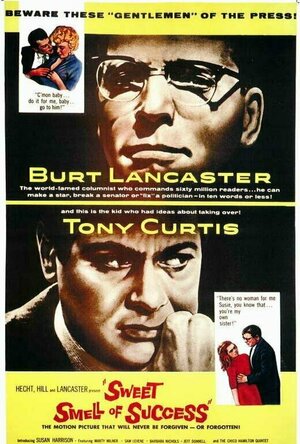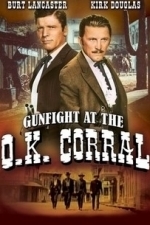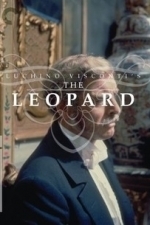Search
Dick Cavett recommended Sweet Smell of Success (1957) in Movies (curated)
Phil Rosenthal recommended Sweet Smell of Success (1957) in Movies (curated)
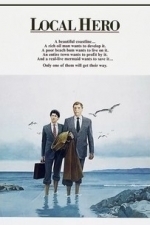
Local Hero (1983)
Movie
Comedy drama. An American oil company executive is sent to a remote Scottish village to organise the...
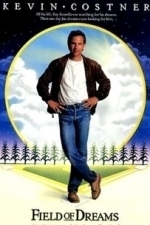
Field of Dreams (1989)
Movie Watch
"If you build it, he will come." With these words, Iowa farmer Ray Kinsella (Kevin Costner) is...
Jenni Olson recommended Sweet Smell of Success (1957) in Movies (curated)
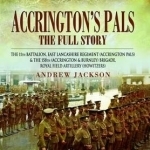
Accrington's Pals: the Full Story: The 11th Battalion, East Lancashire Regiment (Accrington Pals) and the 158th (Accrington and Burnley) Brigade, Royal Field Artillery (Howitzers)
Book
Andrew Jackson's new history tells the story of the Great War as it was experienced by the men of...
Kirk Bage (1775 KP) rated Gunfight at the O.K. Corral (1957) in Movies
Mar 3, 2020
In another piece of perfect casting, Douglas realised that in this old tale of massive mythological appeal the role of Doc Holliday is far more interesting than the lead of Wyatt Earp. Even so, he managed to earn level billing with lifelong friend Burt Lancaster, such was his box office draw at this point. The two had worked together before, but it wasn’t until this hugely entertaining western that they really bonded; apparently laughing so much between takes that on several occasions director John Sturges sent them home, as no work was possible that day. Douglas also talks in his auto-biography about how he became obsessed with how many times Doc would cough in a scene to maintain continuity – evidence of just how seriously he did take his screen work and craft.
